The American Society of Plant Taxonomists (ASPT) is pleased to announce that Dr. Lena Struwe, Professor and Directory of the Chrysler Herbarium at Rutgers University in New Jersey, U.S.A., has been selected as the 2019 recipient of the Peter Raven award. The award is named for Dr. Peter Raven, eminent botanist and President Emeritus of the Missouri Botanical Garden, and is presented annually to a plant systematist who has made exceptional outreach efforts to non-scientists. It is considered the society’s most prestigious recognition of achievement in international science communication.
Since 2000, the Peter Raven award has been given annually to individuals who go above and beyond in communicating the importance of science and scientific discoveries to the public. As one supporter put it,
“Lena is a one-person army for advocating the importance of botanical research and outreach to the communities beyond academia.”
Her outreach activities range in size and scope from cataloging plants found in parking lots to documenting the flora of Rutgers University to maintaining her blog about plants in everyday life (http://www.botanicalaccuracy.com/). Her ability to improve the public’s botanical literacy and appreciation is highlighted particularly in her work on building the public’s appreciation of common “weeds”, or plants encountered in daily life. In doing so, people in urban settings can begin to appreciate the surrounding diversity in their concrete jungles as well as better understand the amazing adaptations required for such a life. Parking lot weeds were featured in a “Plants Are Cool, Too” episode, a YouTube series hosted by fellow botanist Dr. Chris Martine. Moments such as this show that Dr. Struwe’s work is applicable to both specialists and non-specialists alike, a characteristic worthy of this year’s Peter Raven award nomination.
Eight scientists nominated Dr. Struwe for the award, a not-so-easy task given the extensive amount of outreach and research she has accomplished throughout her career. Her positive view of social media as a tool, rather than a distraction, to educate the public is highlighted by her use of Facebook groups, blogs and Flickr, the latter of which houses a number of photographs that have been featured in articles published by both local and international venues such as the BBC, Huffington Post and Smithsonian Magazine. Dr. Struwe’s view of social media is further highlighted by the sheer amount of popular press her research and outreach efforts have garnered. Clearly, Dr. Struwe’s goals of increasing botanical literacy and awareness has been successful and wholly worthwhile. As such, her nomination and selection as the 2019 Peter Raven award recipient is without a doubt well-deserved.
Dr. Struwe received her BSc in Biology and Earth Science from Stockholm University in Sweden. Afterwards, she obtained her PhD in Systematic Botany at Stockholm University, which was followed by a postdoctoral position at the New York Botanical Gardens. Since 2001, Dr. Struwe has been at Rutgers University where she has cultivated and honed her skills as a scientist, educator and science communicator extraordinaire. She recently attended the Botany 2019 conference in Tucson, Arizona where she presented research on using iNaturalist as a tool for community education and biodiversity science as well as a talk on morphological and functional aspects of specialized trichomes (colleters) in Pentas (Rubiaceae).
